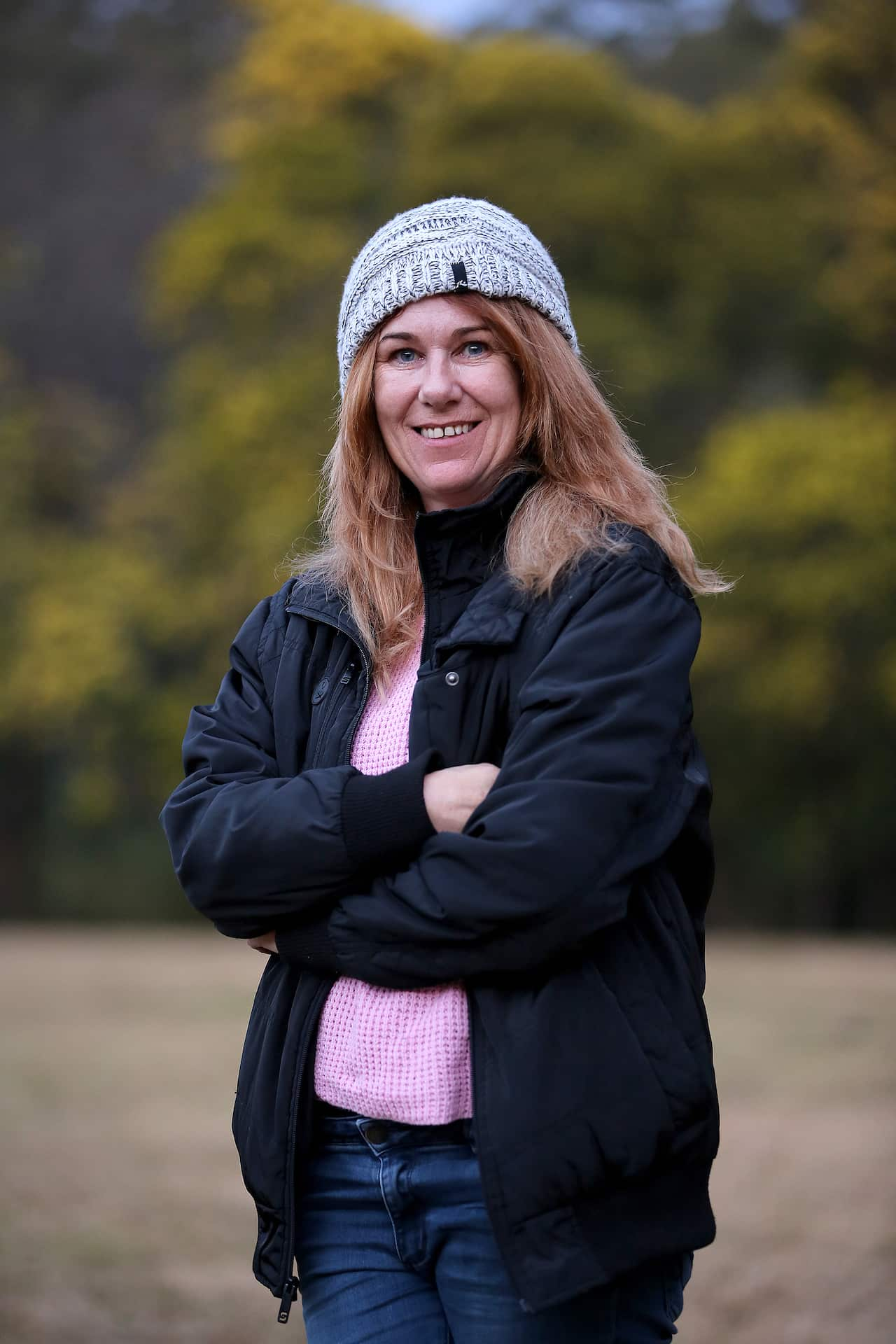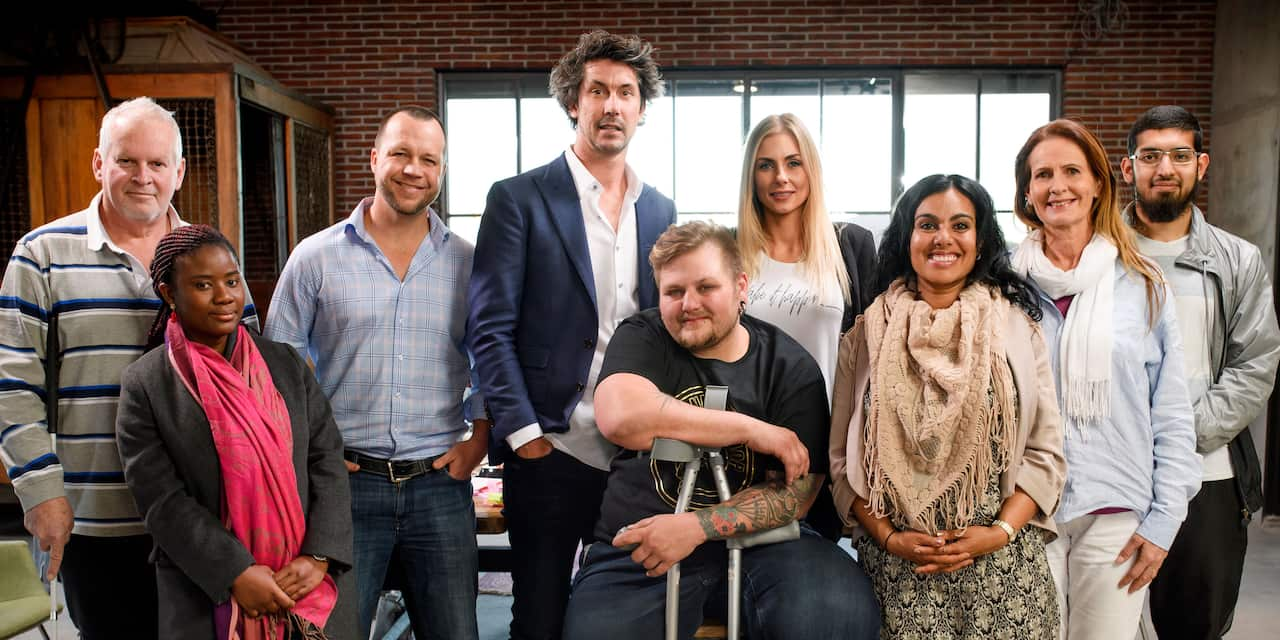In the world of small business, there’s an expectation that most early-stage entrepreneurs will be knocked down by tough challenges and fail within their first year of operation.
But entrepreneur Vicki Jensen, who only started her small business in 2017, has proven to be more resilient than most.

Five years ago, the 46-year-old served a nine-month prison sentence. The social stigma attached to being a former prisoner prevented Jensen from ever gaining suitable employment. She tells SBS that despite over a decade of work experience prior to her prison stint, no one wanted to hire an ‘ex-con’.
“The community says do the crime do the time,” says Jensen. “But there are so many women who still carry ‘that time’ with them, even five years after their release, because of the stigma about being in prison.
“I feel I am still doing time because of all the job rejections I had after I was released.”
Jensen decided that her only way forward was to create her own job and become an entrepreneur. She had dreams of helping other women being released from prison and wanted to set up a counselling program on the NSW Central Coast to support their reintegration back into society.
Then in August last year, Jensen scored a spot on the new SBS documentary series The Employables and received early-stage business support to turn her idea into a reality.
“I was just expecting another knockback because people are very judgmental when it comes to women being in prison,” says Jensen, a participant in The Employables. “So I was very surprised that I even got a call back from the show for my business idea.”
During the three-part series, Jensen and 11 others are chosen out of 40 candidates to attend a start-up boot camp where they will learn business skills along the way. At the boot camp, the group is put through their paces to determine the final six candidates who will continue on throughout the show.
“I was in total disbelief when I was chosen to attend boot camp for The Employables. That was a really uplifting moment that I will never forget,” says Jensen. “I still have to pinch myself some days and tell myself, ‘this really happening’.”

Where is she now?
One year on from filming and Jensen tells SBS she has now laid the foundations for a sustainable self-made career.
“I’m now an entrepreneur because I’ve turned a community service into a business,” Jensen tells SBS.
“Since filming, I have gotten to know myself better and realised the importance of rebranding and restructure of certain aspects of my business…I was originally focused on setting up a drop-in centre for women to come to. That will eventually happen but I had to restructure my idea and turn it into a profitable business by tapping into the job active sector market.”
Jensen’s business currently aims to establish employment and education pathways for women exiting the justice system through job active networks.
“My new venture will empower the women that have been through the justice system and give those who have had to serve jail time a voice.”
To-date, Jensen has been working mostly for free. But come December and her consulting company is expected to start paying her a wage, derived through agencies in the job active market.
“I feel very blessed that I have come so far in the last 12 months…The business has transformed my life in such a positive way. I would never have thought that I would be a business person, but now that I am in business I have amazed myself.”
Currently, Jensen is working with three clients at different points in the justice system to set up the support systems they need to get work or receive education once they are in the community.
“This is not your average business but I find it very rewarding, just knowing that the women are supported,” she says.
“This service will also let people know that this is person [who has been in prison and served their time] is someone’s daughter or mother. I want to tell the community not to judge them for where they have been.
“I realise the stigma will be there forever. Even now, I am still wearing the stigma and I left prison five years ago. But I believe these ladies deserve a second chance.”
The new entrepreneur tells SBS she has faith that she’ll survive year two in small business and increase the profitability of her consulting company in the near future.
"Hopefully, we will also have a house for the girls [who are leaving prison] on the Central Coast to come to by the end of next year.
“Basically, I want show these women that there is life after jail and there is support after jail. There are people who care and we will be liaising with future employers to get them working and feeling as though they are part of the community.”
You can follow Vicki on LinkedIn or her website.
You can catch up on episodes of the The Employables on SBS On Demand.

